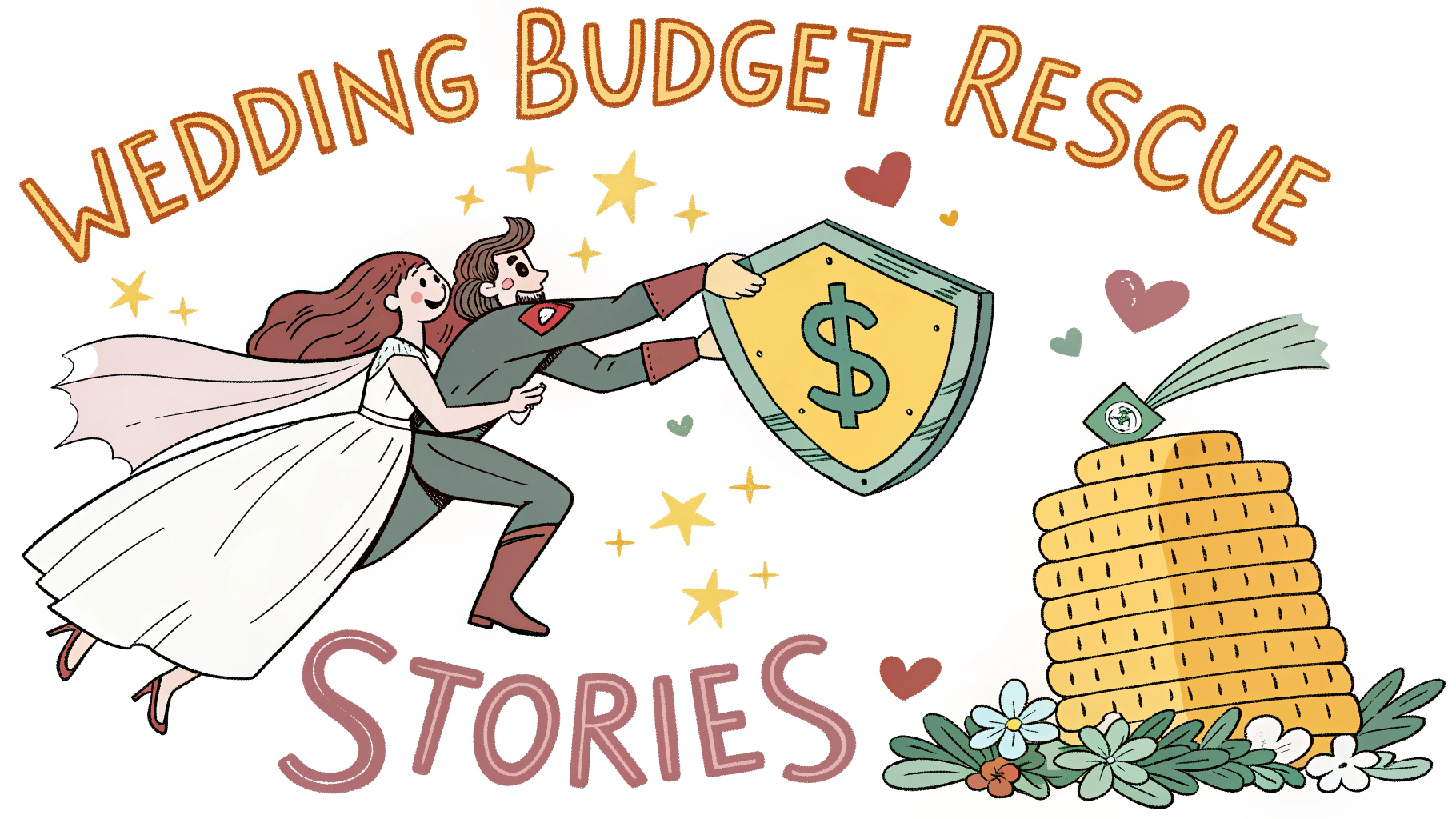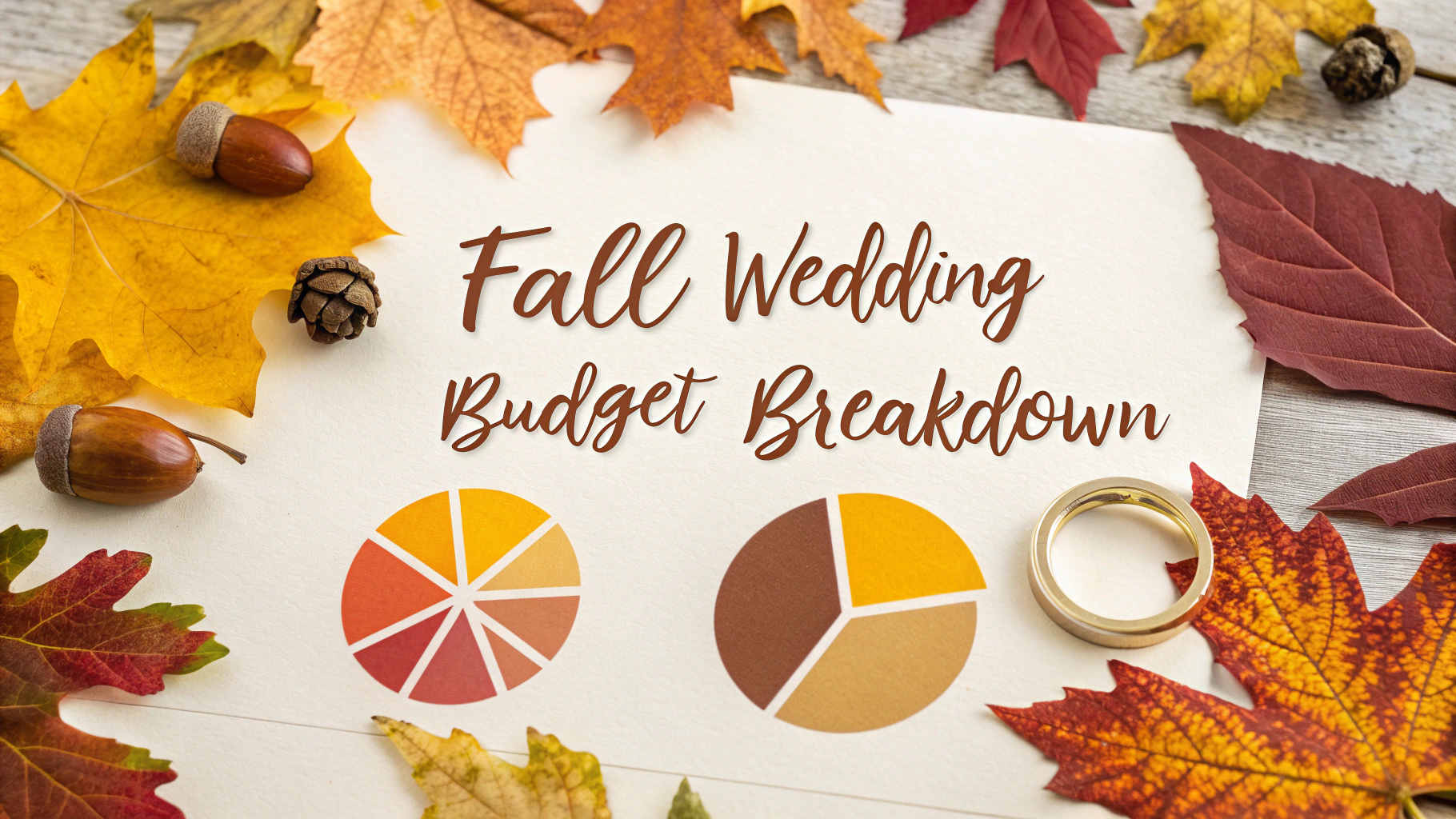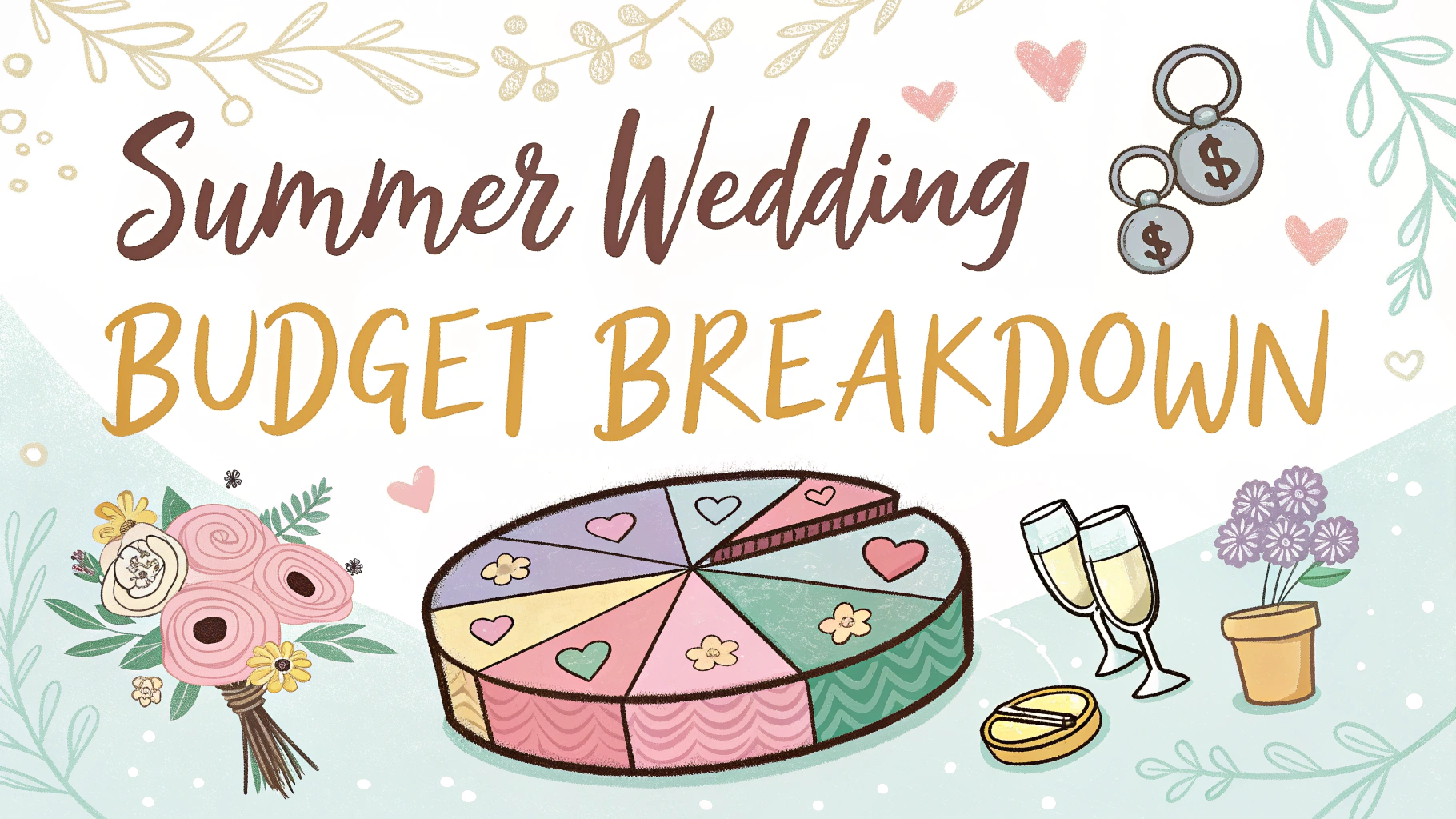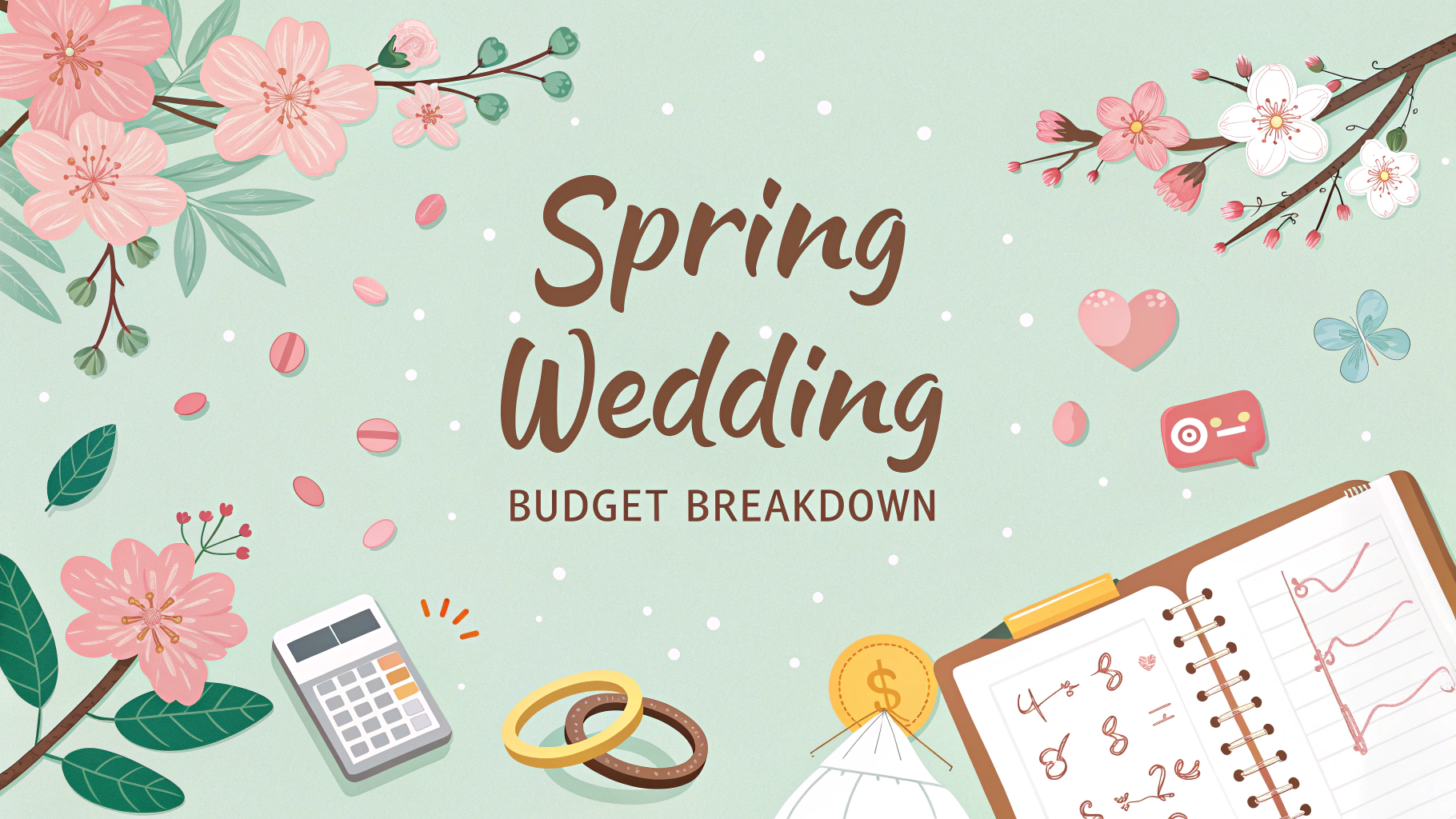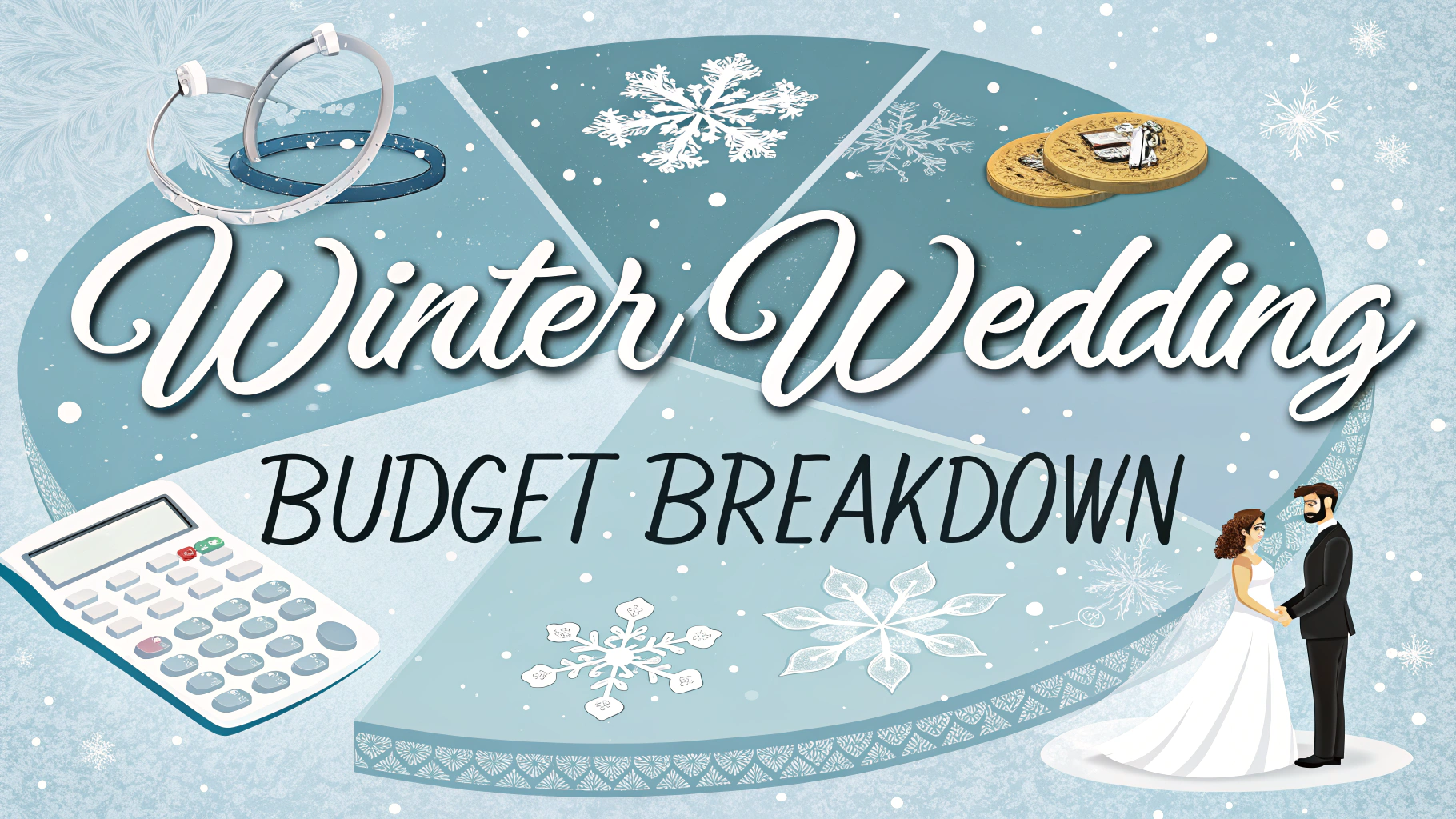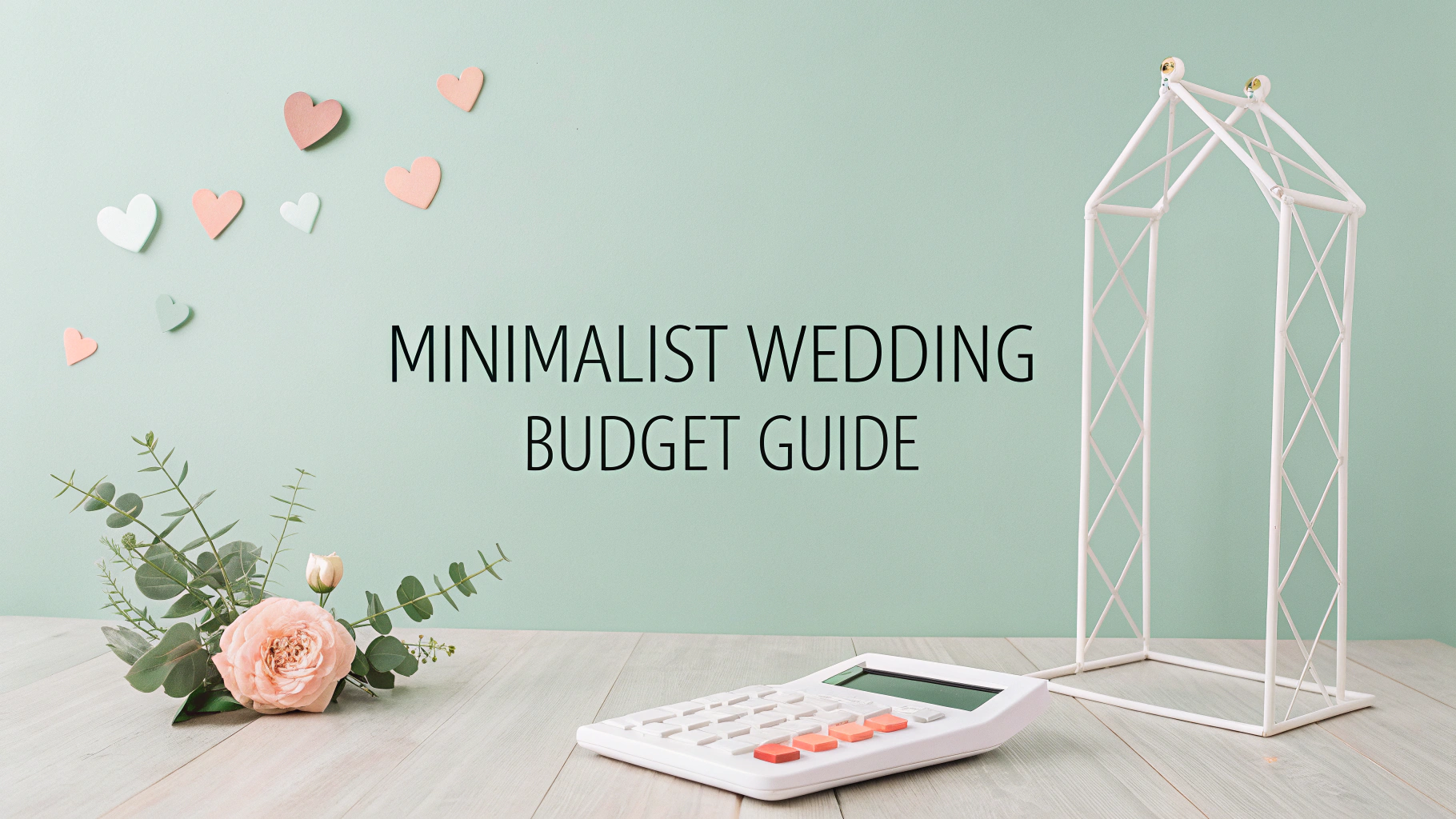Wedding flowers can make up 8-10% of your total wedding budget, and prices shift dramatically between seasons.
Spring Wedding Flowers (March-May)
- Peonies: $8-12 per stem
- Tulips: $2-5 per stem
- Cherry Blossoms: $5-8 per stem
- Ranunculus: $3-6 per stem
Summer Wedding Flowers (June-August)
- Garden Roses: $6-12 per stem
- Sunflowers: $3-7 per stem
- Dahlias: $4-8 per stem
- Hydrangeas: $5-10 per stem
Fall Wedding Flowers (September-November)
- Chrysanthemums: $3-6 per stem
- Marigolds: $2-4 per stem
- Dahlias: $4-8 per stem
- Zinnias: $2-5 per stem
Winter Wedding Flowers (December-February)
- Roses: $4-10 per stem
- Amaryllis: $8-15 per stem
- Anemones: $3-8 per stem
- White Lilies: $5-10 per stem
Average Floral Item Costs
| Item | Price Range |
|---|---|
| Bridal Bouquet | $150-350 |
| Bridesmaid Bouquet | $65-125 |
| Centerpiece | $75-250 |
| Boutonnière | $12-25 |
Money-Saving Tips
- Choose flowers that are in season locally
- Mix premium blooms with less expensive flowers
- Repurpose ceremony flowers at the reception
- Select larger blooms that fill more space
- Consider potted plants for centerpieces
Book your florist 6-8 months before your wedding date to secure the best pricing and availability.
Local flower markets often offer better prices than retail florists – consider scheduling a visit 2-3 days before your wedding for DIY arrangements.
Additional Cost Factors
- Delivery fees: $50-150
- Setup charges: $100-300
- Breakdown/cleanup: $75-200
- Rental items (vases, arches): $50-500
Contact the Society of American Florists to find certified wedding florists in your area.
Common Wedding Flower Packages
- Basic Package ($1,000-2,000)
- Bridal bouquet
- 4 bridesmaid bouquets
- 6 boutonnières
- 2 corsages
- 8 centerpieces
- Standard Package ($2,000-3,500)
- All Basic Package items
- Ceremony arch or altar arrangements
- Pew decorations
- Cake flowers
- Luxury Package ($3,500-8,000+)
- All Standard Package items
- Reception entrance arrangements
- Cocktail table arrangements
- Large statement pieces
Timeline for Wedding Flowers
- 8-12 months: Research and book florist
- 6-8 months: Initial design consultation
- 3-4 months: Finalize flower selections
- 1-2 months: Final payment and detail confirmation
- 1-3 days: Fresh flower delivery and setup
Conclusion
Successful wedding flower planning requires careful consideration of seasonality, budget, and timing. Working with experienced professionals while implementing cost-saving strategies can help achieve the desired look without exceeding budget constraints. Early planning and flexibility with flower choices are key to creating beautiful floral arrangements that enhance your special day.
Final Checklist
- Confirm flower preservation plans
- Review delivery schedule and setup logistics
- Assign someone to handle vendor coordination
- Prepare backup plans for outdoor arrangements
- Document any specific arrangement preferences
FAQs
- What is the typical cost range for wedding flowers per season?
Spring (March-May): $2,800-$4,000; Summer (June-August): $2,500-$3,800; Fall (September-November): $2,300-$3,500; Winter (December-February): $2,000-$3,200. These ranges include typical floral packages with bouquets, centerpieces, and ceremony decor. - Which flowers are most budget-friendly during each season?
Spring: Tulips, daffodils, and iris; Summer: Sunflowers, daisies, and zinnias; Fall: Chrysanthemums, marigolds, and dahlias; Winter: Carnations, poinsettias, and amaryllis. - How much should I allocate for wedding flowers in my total budget?
Industry standards recommend allocating 8-10% of your total wedding budget for flowers. For a $30,000 wedding, this means approximately $2,400-$3,000 for flowers. - What are the most expensive wedding flowers regardless of season?
Peonies, garden roses, orchids, and lily of the valley consistently rank among the most expensive flowers, often costing $10-20 per stem or more. - How can I save money on wedding flowers without compromising style?
Choose in-season blooms, use larger flowers to fill space, mix expensive flowers with budget-friendly fillers, repurpose ceremony flowers at the reception, and opt for fewer but larger centerpieces. - What’s the average cost of a bridal bouquet by season?
Spring: $150-250; Summer: $125-200; Fall: $125-200; Winter: $100-175. Premium flowers and elaborate designs can increase these costs significantly. - How many centerpieces do I need for my wedding and what do they typically cost?
Plan for one centerpiece per guest table. Average costs range from $75-200 per centerpiece, depending on size and flower choice. A wedding with 15 tables typically requires $1,125-3,000 for centerpieces. - What’s included in a standard wedding flower package?
Standard packages typically include: 1 bridal bouquet, 3-4 bridesmaid bouquets, 6-8 boutonnieres, 2-4 corsages, ceremony altar arrangements, and 8-10 reception centerpieces, averaging $2,000-3,500 total. - When should I book my wedding florist and place my flower order?
Book your florist 8-12 months before the wedding date. Finalize flower selections and place orders 6-8 weeks before the wedding to ensure availability and proper timing for seasonal blooms. - How do flower preservation services affect the overall floral budget?
Professional flower preservation typically costs $150-700 additional to your floral budget, depending on the method chosen (pressing, freeze-drying, or silica gel drying) and size of items being preserved.

